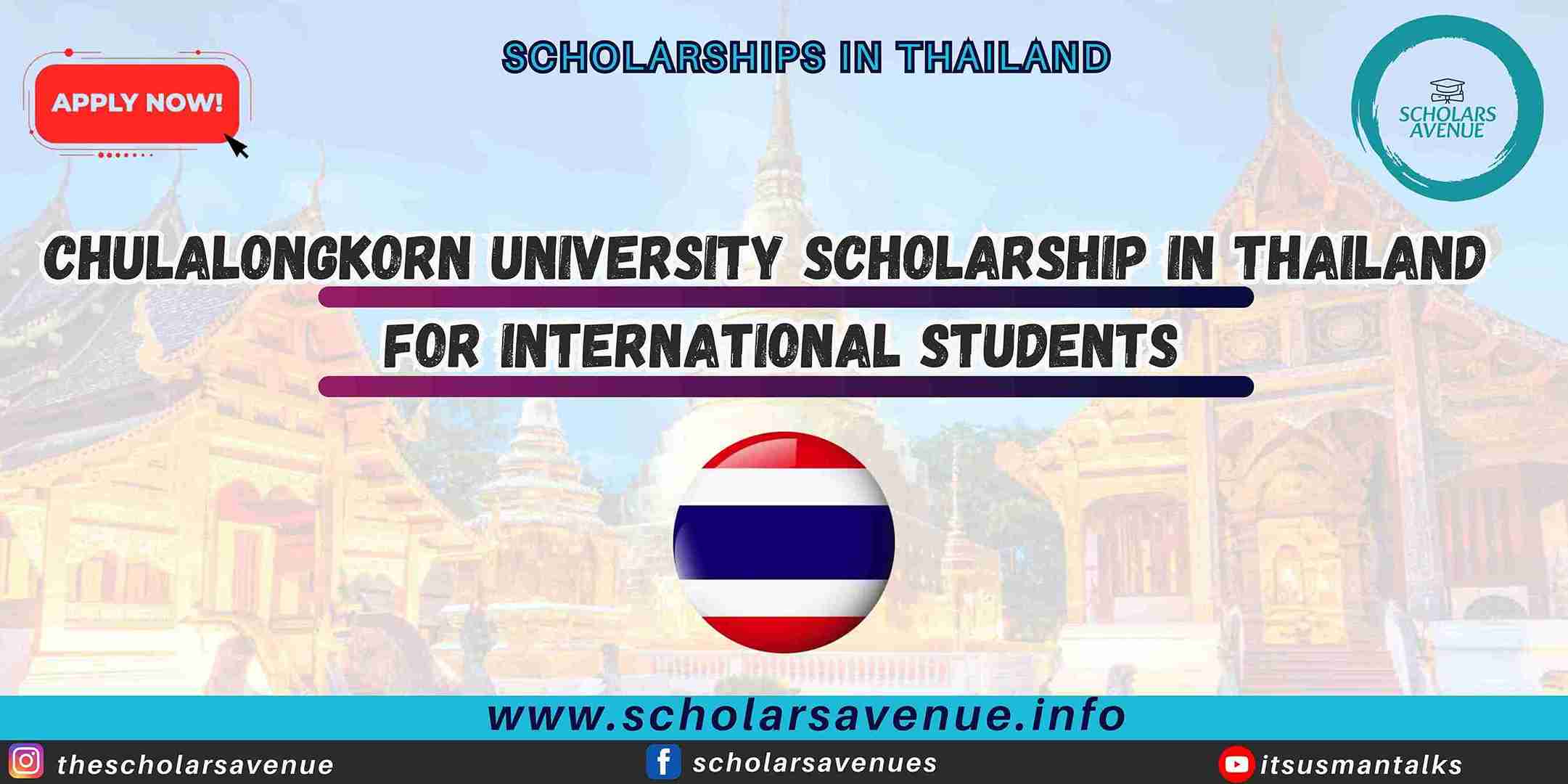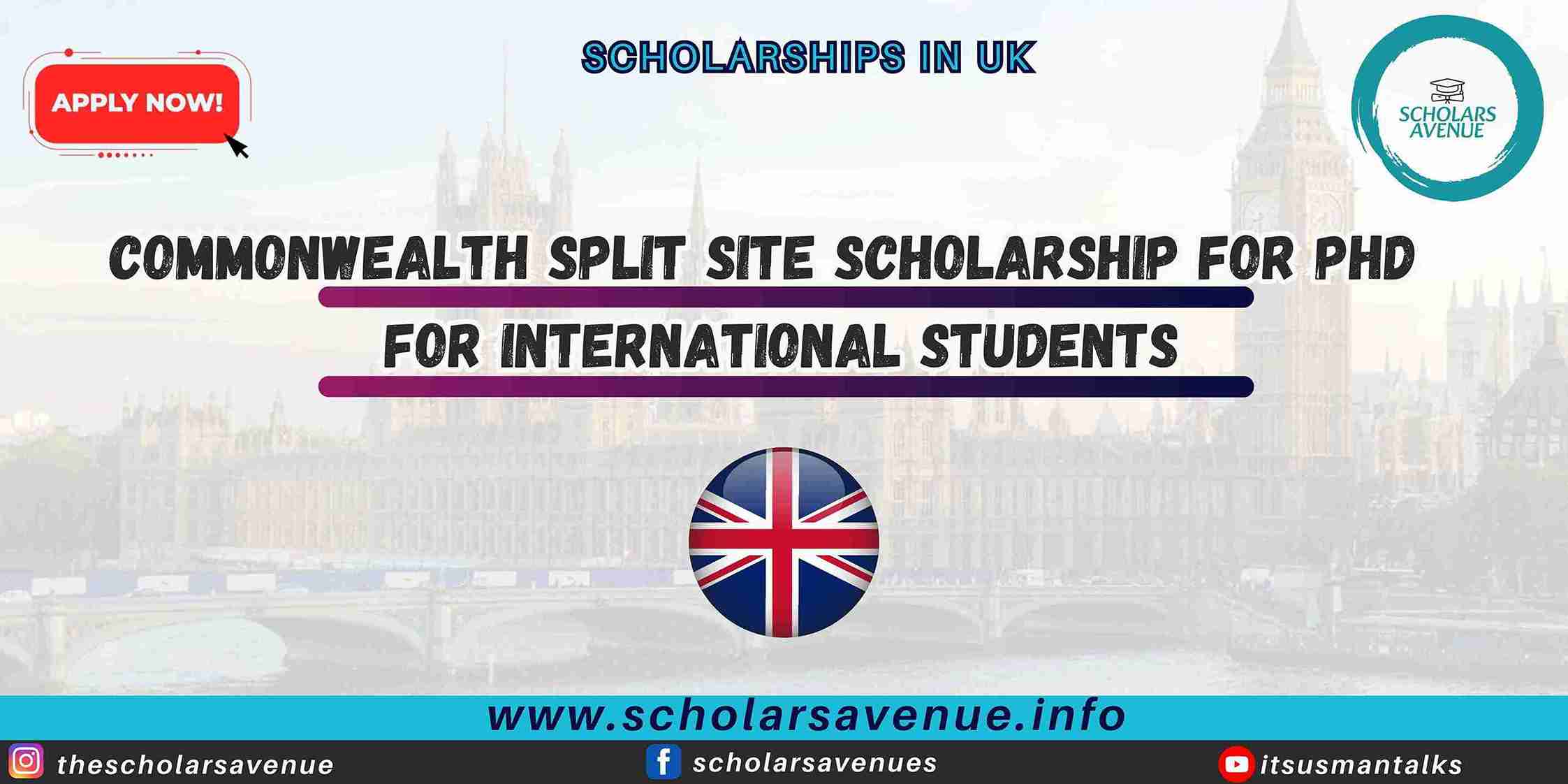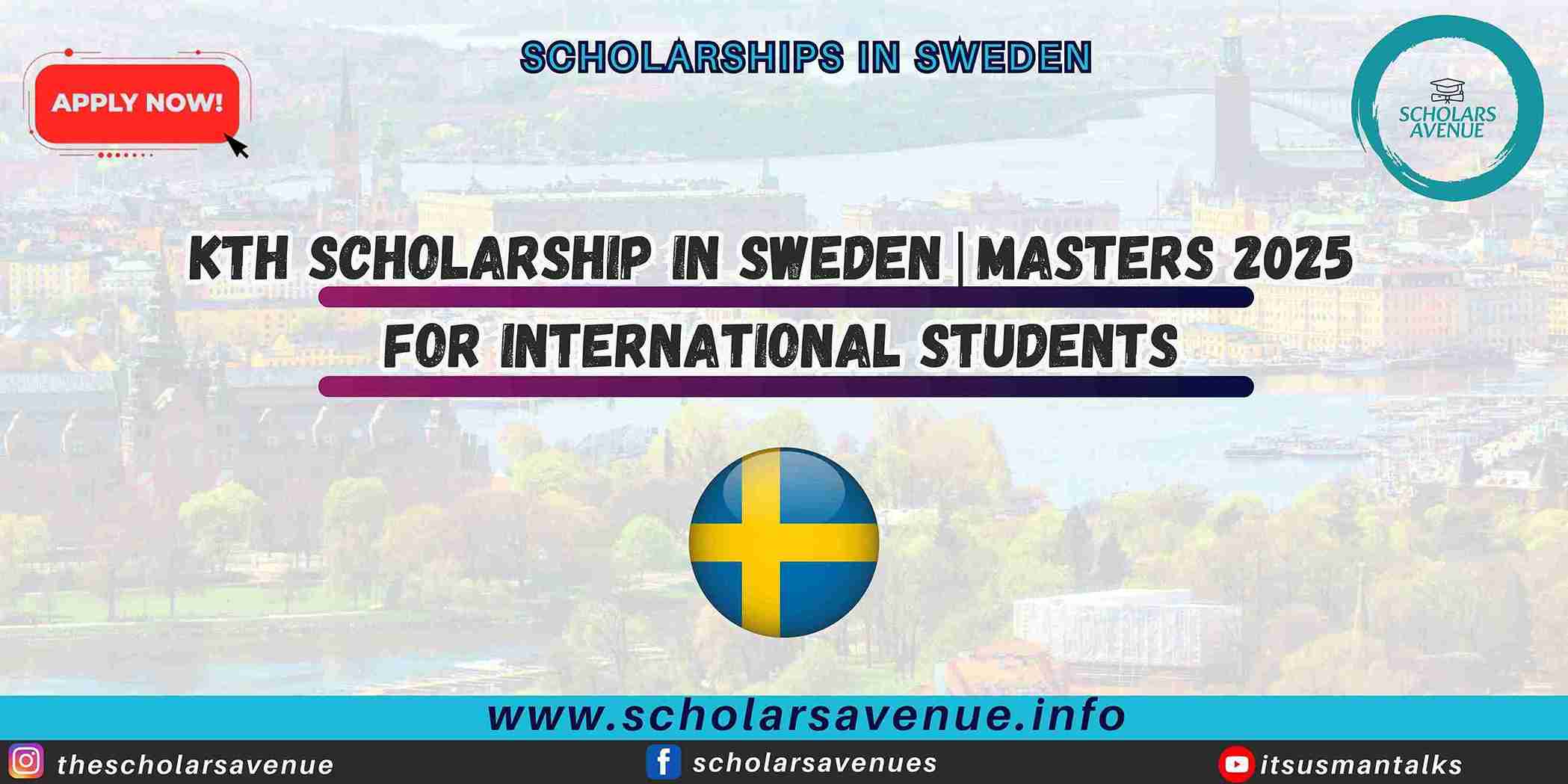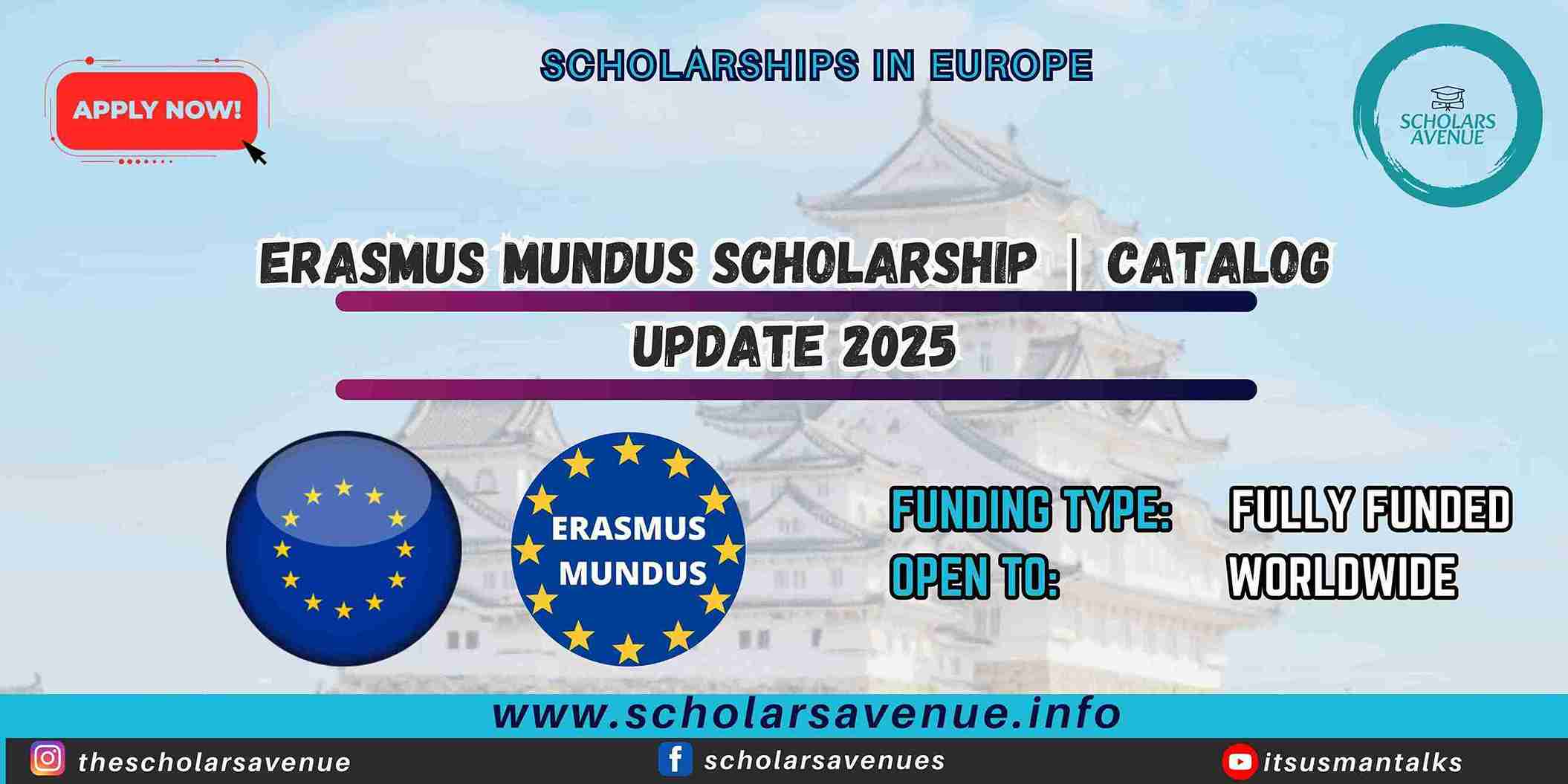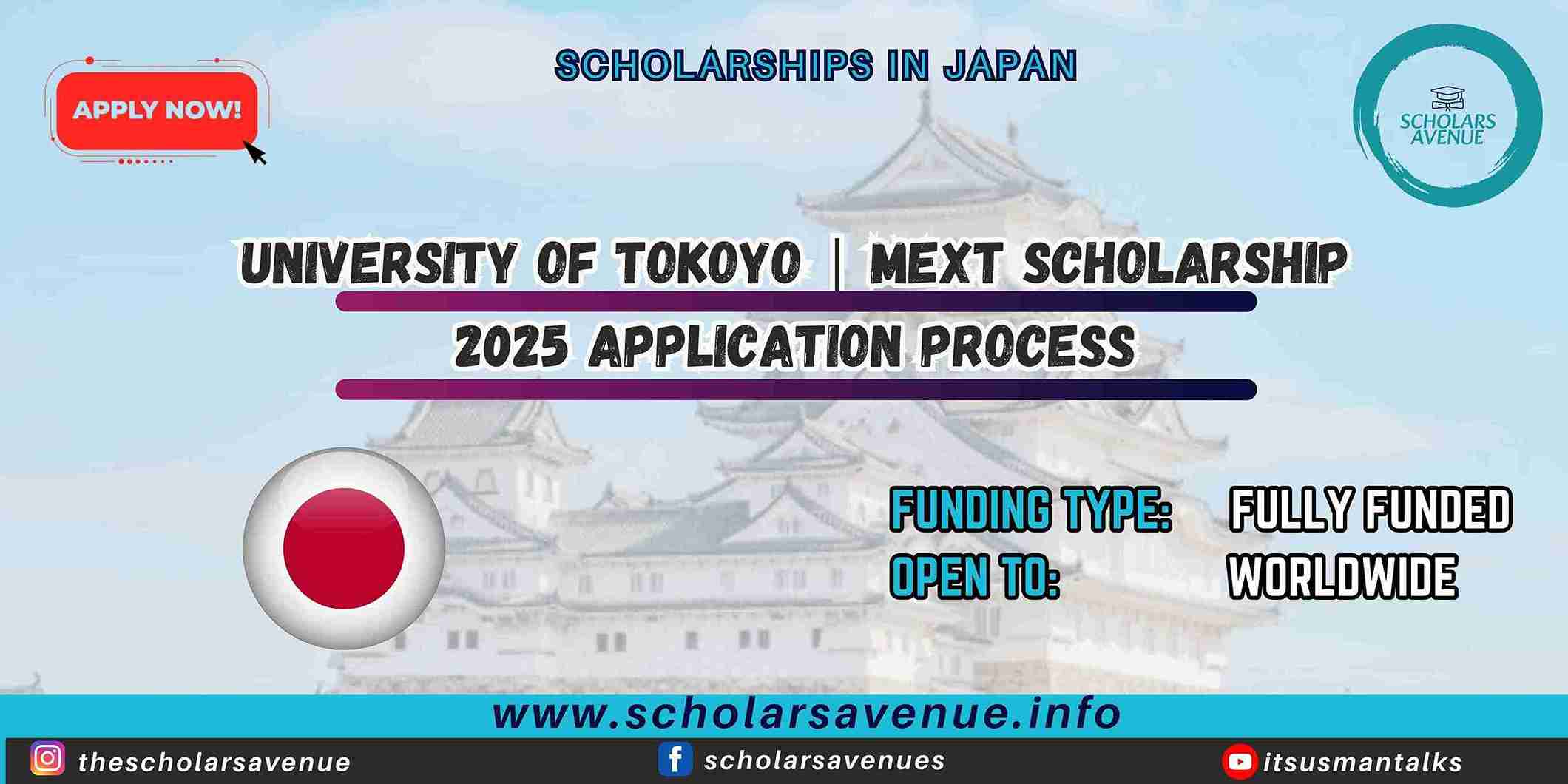If you’re an electrical engineer looking for a fully funded Master’s scholarship abroad, apply now for Erasmus Mundus Scholarship and get a chance to study in 4 countries across Europe! Here is a detailed overview of all the Erasmus Mundus Electrical Engineering programs with the relevant bachelor’s degrees needed to pursue each program.
List of Erasmus Mundus Electrical Engineering Programs
1. SMACCs – MSc in Smart Cities and Communities
Focuses on sustainable and smart city technologies, including energy systems, urban planning, and intelligent infrastructure.
Required Background: Engineering (Mechanical, Electrical, Civil, Chemical, architectural etc.) or Sciences (Physics, Chemistry, Mathematics, Computer).
2. EMIMEP – European Master for Industry in Microwave Electronics and Photonics
This is one of the top Erasmus Mundus Electrical Engineering Programs emphasizing on microwave electronics, photonics, and their industrial applications.
Required Background: Electrical Engineering, Electronics, Telecommunication Engineering, Computer Science, Photonics, or Physics.
3. CoDaS – Communications Engineering and Data Science
Combines communication technologies with data science, focusing on information systems and analytics.
Required Background: Communications Engineering, Computer Science, Electrical Engineering, Software Engineering or related fields (information systems, natural sciences, mathematics, physics).
4. IMAGING – Erasmus Mundus Joint Master Programme in Imaging
Covers advanced imaging techniques and technologies across various domains.
Required Background: ICT, Computer or Electrical Engineering, or related field with significant coursework in Mathematics and Computer Engineering.
5. Europhotonics
This is one of the main Erasmus Mundus Electrical Engineering Programs specializing in photonics, optics, and their applications in engineering and physical sciences.
Required Background: Physics, Optics & Photonics, Electrical Engineering, Mechanical Engineering, physical chemistry, applied physics or related fields.
6. SITeS – Artificial Intelligence for Sustainable Societies
Focuses on the integration of AI in societal development, emphasizing sustainable applications.
Required Background: AI, Data Science, Computer Science, Information Technology, Electrical Engineering, Software Engineering, or related fields.
7. Master’s in Sustainable Systems Engineering (EMSSE)
Concentrates on sustainable engineering solutions, renewable energy, and environmental technology.
Required Background: Computer Engineering, Electronic Engineering, Control Engineering, Management Engineering, Biomedical Engineering, Computer Science. Also, Industrial Engineering, Mechanical Engineering, Electrical Engineering, Chemical Engineering, Applied Mathematics, and Civil Engineering can be considered.
8. EMINENT – Embedded Intelligence and Nanosystems Engineering
This is among the the main Erasmus Mundus Electrical Engineering Programs focusing on embedded systems and nanoscale engineering, integrating AI and advanced sensors.
Required Background: Electrical and Electronic Engineering, Mechanical Engineering, Physics, Material Science, Computer Science or equivalent programs.
9. EMMBIOME – Master in Biomedical Engineering
Blends biomedical science with engineering to develop medical technologies and innovations.
Required Background: Biomedical Engineering, Bioengineering, Mechanical Engineering, Electrical Engineering, Computer Engineering & Informatics, Chemical Engineering, Materials Science, Biochemistry and Molecular Biomedicine or other related fields.
10. HYSET – Hydrogen Systems and Engineering Technologies
Explores hydrogen technology for energy systems, emphasizing sustainability and innovation.
Required Background: Mechanical Engineering, Energy Engineering, Chemical Engineering, Chemistry, Electrical Engineering, Aeronautical Engineering, Physics, or Industrial Engineering.
11. NeuroData – Brain and Data Science
Combines neuroscience and data science for research in brain functions and cognitive technologies.
Required Background: brain sciences, life sciences, natural sciences (mathematics, physics, chemistry, engineering, computer sciences), engineering (primarily computer engineering, electrical engineering and bioengineering), psychology and cognitive sciences or equivalent. Basic knowledge in the following fields is required: general biology, math and programming in python.
12. IMFSE – International Master of Science in Fire Safety Engineering
Focuses on fire safety, risk assessment, and safety engineering for building and infrastructure design.
Required Background: Civil Engineering, Structural Engineering, Mechanical Engineering, Electrical Engineering, Chemical Engineering, Industrial Engineering, Material Sciences, Chemistry, Physics, Applied Physics, Architecture, urbanism and spatial planning or a related discipline..
13. EMECS – Embedded Computing Systems
Covers advanced computing systems, embedded technologies, and their applications in various industries.
Required Background: Electrical Engineering, Computer Engineering, Computer Science, or related fields.
14. IMLEX – Imaging and Light in Extended Reality
Focuses on light-based technologies and their integration with extended reality and visualization.
Required Background: IT, Computer Science, Electrical Engineering, Photonics, or related fields.
15. JEMARO – Japan-Europe Master on Advanced Robotics
This is among the major Erasmus Mundus Electrical Engineering Programs specializing in robotics, automation, and AI, offering insights into advanced robotic systems.
Required Background: Mechatronic, Automatic Control, Electrical, Mechanical Engineering, Applied Mathematics, or Computer Science.
16. Management and Engineering of Environment and Energy (ME3+)
Focuses on the management and engineering of environmental and energy systems.
Required Background: Mechanical, Chemical, Energy, Electrical Engineering, Civil Engineering, Environmental Engineering, or equivalent.
17. MIR – Marine and Maritime Intelligent Robotics Master
Explores the application of robotics in marine environments and maritime industries.
Required Background: Computer Science, Robotics, Automation, Mechatronics, Electrical Engineering, Mechanical Engineering, Applied Mathematics, Marine Engineering, Oceanography, Marine Science.
18. GENIAL – GrEen NetworkIng And cLoud computing
Focuses on green networking, cloud computing, and their role in sustainable ICT development.
Required Background: Computer Science, Electrical, Electronics Engineering, or Information Technology.
19. FUSION-EP Nuclear Fusion and Engineering Physics
Covers nuclear fusion, advanced physics, and engineering principles for energy systems.
Required Background: Physics, Nuclear, Chemical, Electrical Engineering, Materials or related fields.
20. EU4M – Mechatronics Engineering
Combines mechatronics, robotics, and control systems with applications in modern automation.
Required Background: Mechanical Engineering, Electrical Engineering, Mechatronics, Automotive/Aerospace, Sensor Technologies or a related scientific engineering subject.
21. REM – Renewable Energy in Marine Environment
Focuses on renewable energy technologies, especially in marine and offshore environments.
Required Background: Naval Engineering, Naval Architecture, Maritime Engineering, Nautical and Maritime Transport, Electrical Engineering, Electric Power Engineering, Electronic Engineering, Automatic and Industrial Electronic Engineering, Control System Engineering, Aerospace Engineering, Civil Engineering, Renewable Energy Engineering, Energy and Environmental Engineering, Industrial Technology Engineering, Industrial Organization Engineering, Mechanical Engineering, Electromechanical Engineering, Applied Mathematics, Physics.
22. Master Seas 4.0
Explores marine engineering and advanced technologies for maritime systems.
Required Background: Naval Architecture and Marine Engineering, Maritime Engineering, Nautical and Maritime Transport, Mechanical Engineering, Civil Engineering, Aerospace Engineering, Electrical Engineering, Electric Power Engineering, Electronic Engineering, Applied Mathematics, Physics.
23. SERP – Surface, Electro-, Radiation, and Photo-Chemistry
Emphasizes the chemical and physical properties of surfaces and their engineering applications.
Required Background: Chemistry, Physical-Chemistry, Materials Science.
24. Smart Systems Integrated Solutions
This is among the top Erasmus Mundus Electrical Engineering Programs focusing on smart systems, microelectronics, and integrated sensor technologies.
Required Background: Electrical Engineering, Electronics, Computer Engineering, Physics, materials science, mechanical engineering, biomedical engineering or related fields.
25. STEPS – Sustainable Transportation and Electrical Power Systems
Covers sustainable transportation systems, electric power management, and renewable energy.
Required Background: Electrical Engineering or related fields.
26. WAVES – Waves, Acoustics, Vibrations, Engineering and Sound
This is one of the the main Erasmus Mundus Electrical Engineering Programs focusing on the engineering of sound, vibrations, and acoustics in various environments.
Required Background: Mathematics, Physics, Electrical, Mechanical, Computer Science or Civil Engineering.
27. Electric Vehicle Propulsion and Control
Specializes in electric vehicle technology and control systems for sustainable mobility.
Required Background: Electrical Engineering, Control Systems, Mechatronics, or related fields.
28. DENSYS – Dynamic Energy Systems
Focuses on energy systems, including fluid dynamics and thermodynamics for sustainable energy solutions.
Required Background: mechanical or aeronautical engineering, chemical engineering, electrical engineering, energy engineering where courses fluid mechanics, applied thermodynamics and heat transfer are required.
You can use this list of Erasmus Mundus Electrical Engineering programs to find a pathway that aligns with your academic background and career aspirations. With a diverse range of specializations, these programs open doors to cutting-edge research and global collaboration, setting the stage for a successful career in engineering. Whether you’re passionate about smart cities, renewable energy, or advanced robotics, there’s an Erasmus Mundus program tailored for you!
Looking to maximize your chances of acceptance?
Consider using our Professional Services to polish your application and stand out from the crowd.
For detailed videos on relevant opportunities check out:
Frequently Asked Questions (FAQs)
Can I apply for multiple Erasmus Mundus programs?
Yes, you can apply to up to three different Erasmus Mundus programs in the same application cycle. Each program has its own application process and requirements.
Do I need work experience to apply for Erasmus Mundus Scholarship?
While most programs do not require work experience, having relevant professional or research experience can strengthen your application, especially for specialized fields like smart systems or renewable energy.
Is the Erasmus Mundus Scholarship available for non-EU students?
Yes, the scholarship is open to students from all over the world, including non-EU countries. There are specific quotas and funding amounts allocated for students from different regions.
What expenses are covered by the Erasmus Mundus Scholarship?
The scholarship covers tuition fees, travel expenses, insurance, and a monthly stipend for living expenses. The exact amount varies by program and country.
Do I need to know a foreign language to apply for Erasmus Mundus Scholarship?
Most programs are taught in English, so proficiency in English is required. However, you should check the specific requirements of each program. Also, learning the local language can be beneficial for daily life and cultural integration during your studies in different countries.
Can I work part-time while studying under the Erasmus Mundus Scholarship?
It is possible to work part-time, but it is not recommended due to the demanding nature of the program. The scholarship provides a sufficient monthly stipend to cover living expenses, so students can focus on their studies.
Can I pursue a PhD after completing an Erasmus Mundus Master’s program?
Yes, completing an Erasmus Mundus program can prepare you for a PhD. Many graduates pursue further research or academic careers, and some programs may even offer direct pathways to doctoral studies.


